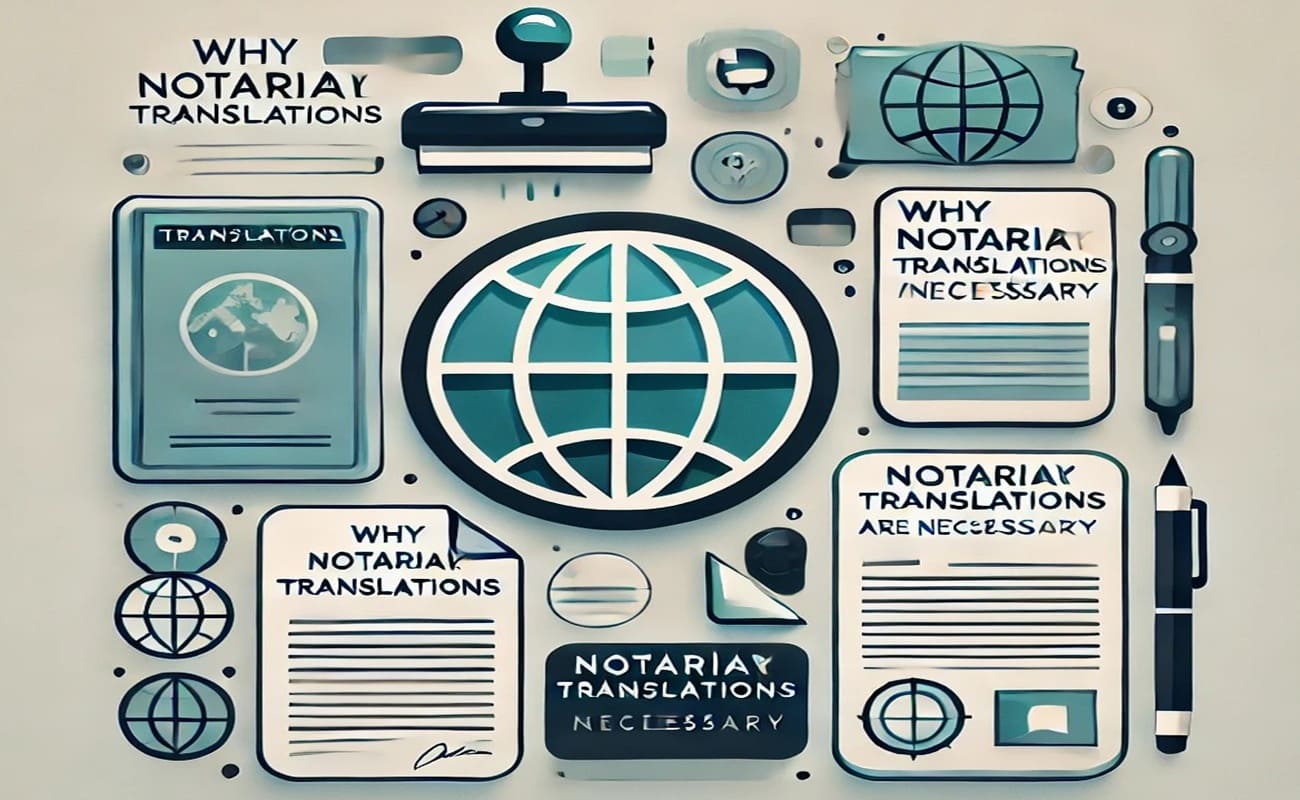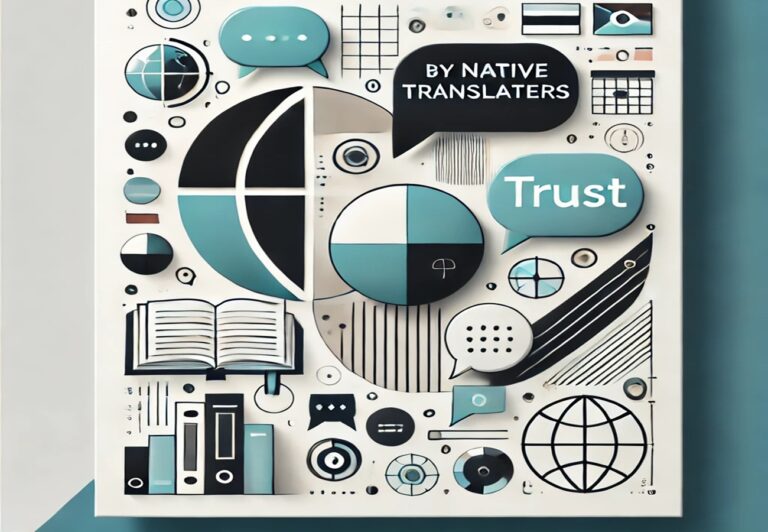Notarized translations: a guarantee of accuracy and compliance?
According to recent research, over 70% of legal and official documents require notarized translations or at least a translation certified by a notary. Now consider that in 2022, over 30% of cases in international courts were postponed due to translation errors. This underscores the critical importance of accurate and precise notarized translations of legal documents. Notarized translations play a vital role in ensuring this accuracy, thereby mitigating potential legal and financial consequences.
Why do you need notarized translations?
Although it may seem simple, there is a significant challenge. While machine translation services and language agencies can handle various requests, notarized translations remain a separate matter. Consider this: in all of Spain, there are only two certified companies specializing in notarized translations of official documents. In the following sections, we will explain what certified translations entail, what differentiates them, and how to obtain high-quality translations.
A notary typically only certifies the authenticity of a document, while certification guarantees compliance with official requirements. Specifically, this refers to the alignment of linguistic standards and interpretation methods in both the source and target languages. Courts and government agencies accept certified versions, which guarantees both accuracy and legal validity.
The three main industries that use certified translations are:
Discover how certified versions can help you avoid problems. Trust only professionals like those at Native Translators for reliable and accurate work.
What is a certified translation and what is it used for?
A sworn translation is a version whose accuracy has been verified and certified by a notary public.
This is required for legal and official documents such as contracts, birth and marriage certificates, diplomas, and others.
A sworn translation certifies that the submitted document is accurate and faithful to the original.
A professional translator working on such documents — whether translating from French to Spanish or any other language pair — must have high qualifications and in-depth expertise in their field.
The notary certifies the translator’s signature and confirms their credentials.
This ensures that the submitted document will be accepted without question by all parties involved.
Benefits:
“The notarial interpretation guarantees the authenticity of the document.” – General Council of Notaries
Examples of situations that require a power of attorney
Consider real-life scenarios where the accuracy of notarized versions has been significant. In the education industry, international students often submit diplomas and other academic documents for university admission. Errors in these submissions can lead to denied admission or delays in the process.
“In international marriages, notarized translations are often required” – Lawyer specializing in Spanish law.
How certified translations can help avoid problems
Agencies like Native Translators provide professional translators experienced in handling legal documents, guaranteeing accurate interpretations. They also offer notarization services, such as verifying the accuracy of the translation.
Professional English and Spanish interpreters ensure accuracy and consistency in legal and official matters. Opting for professional services helps prevent errors that could have legal and financial repercussions.
“Our certified translations guarantee you avoid legal risks” – Native Translators
Responses to Objections
“It’s expensive” – The long-term benefits outweigh the cost of notarized translations.
“We don’t encounter these situations” – These situations can arise unexpectedly, so it’s important to be prepared.
“We can handle a regular translation” – It is possible and likely that regular versions will not meet legal requirements, which can have serious consequences.
Conclusions
Notarized translations play a crucial role in ensuring the accuracy and compliance of legal and official documents. By using professional translators and obtaining notarization, you can avoid potential problems and ensure that the submitted documents match the original.
Do you need an interpreter specializing in legal language services, from French to Spanish? Consider hiring a professional translation agency that guarantees accurate, localized translations tailored to local legislation. This approach will help you overcome potential challenges and achieve your desired results.







